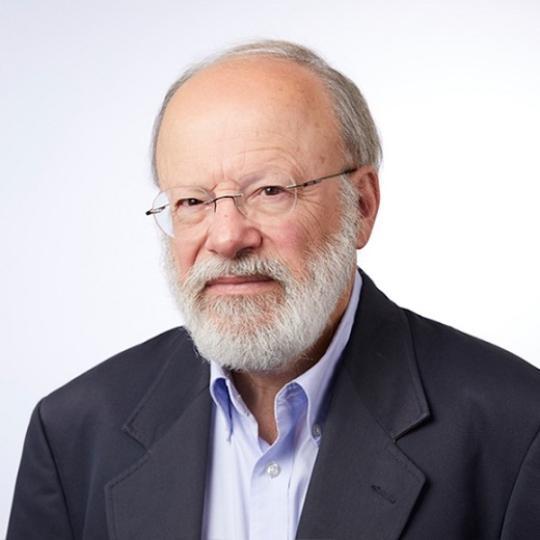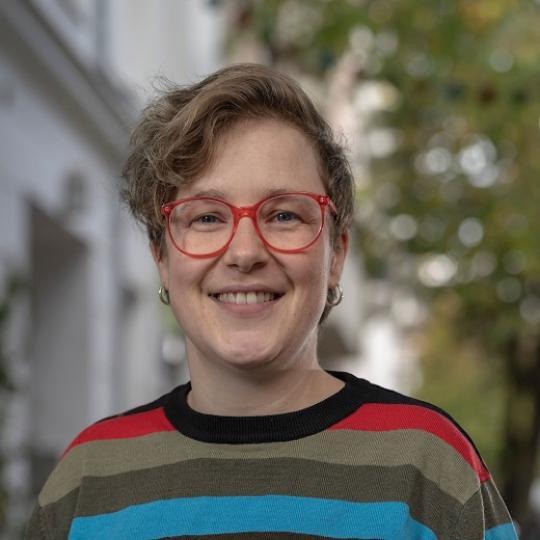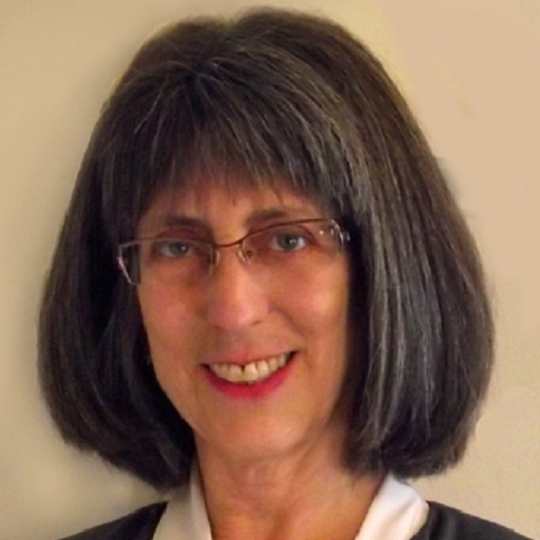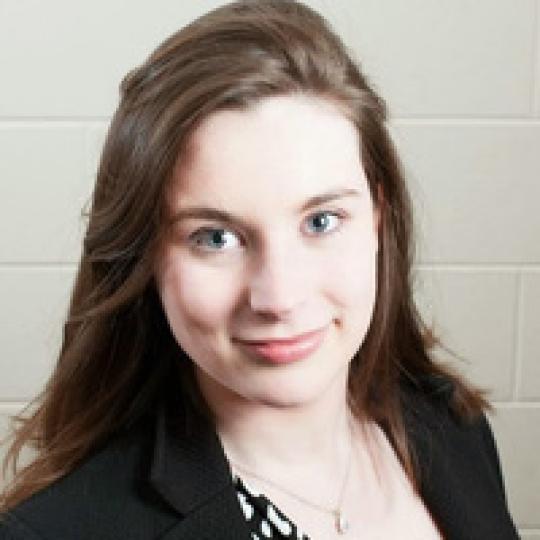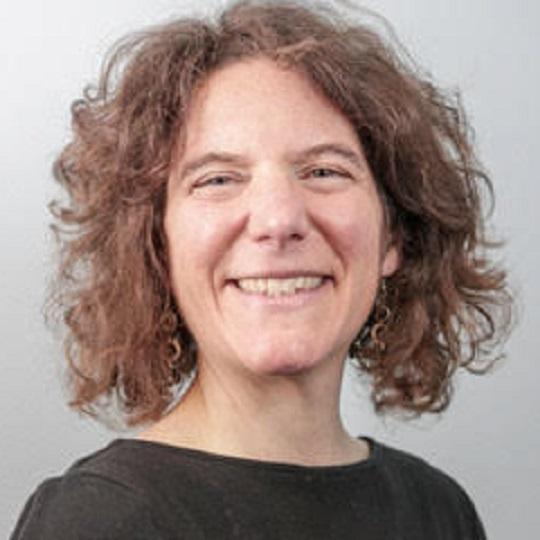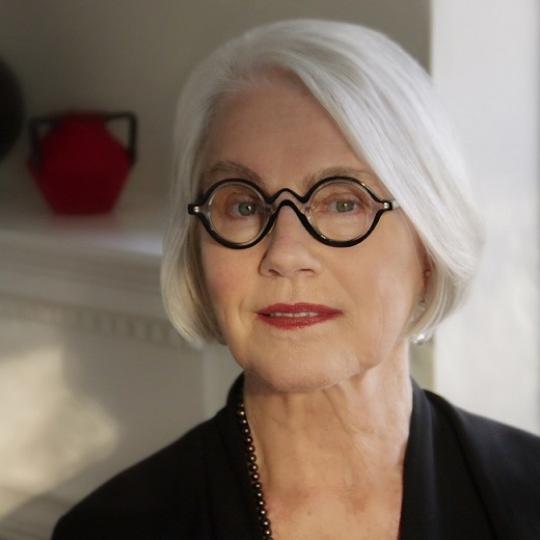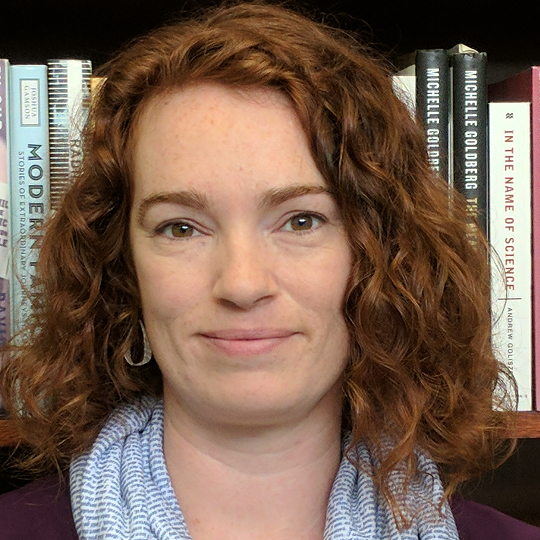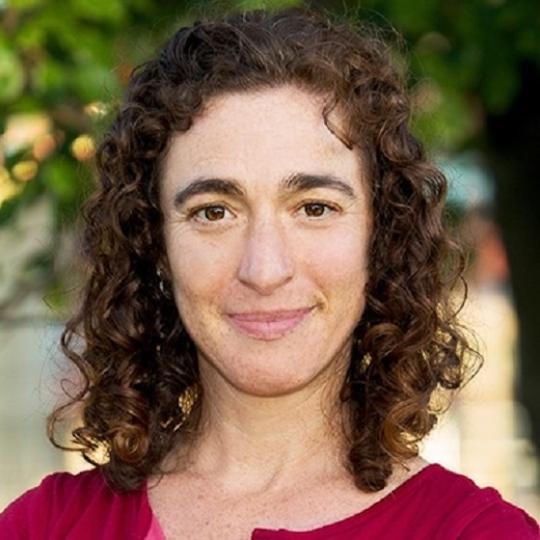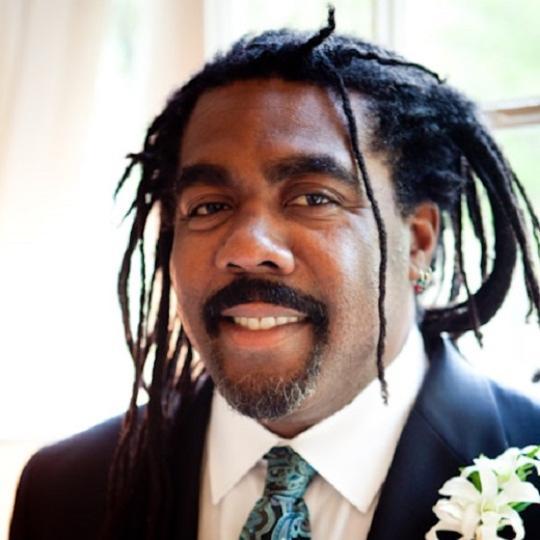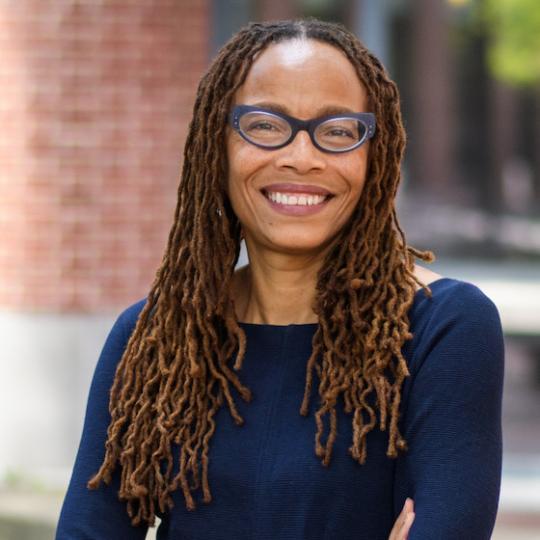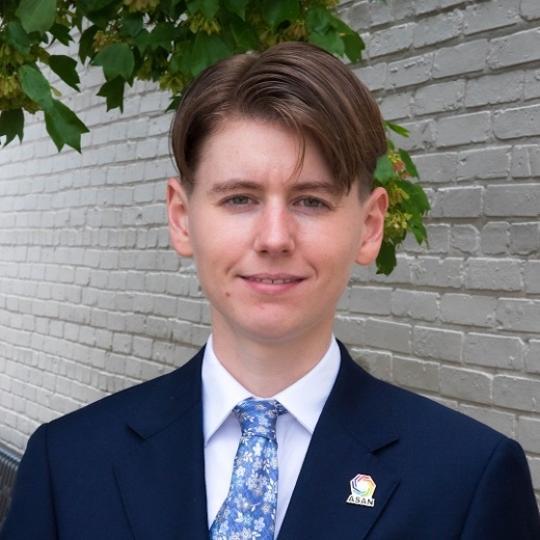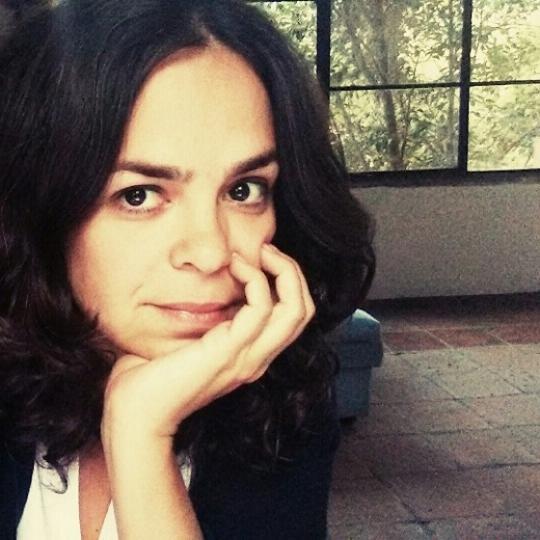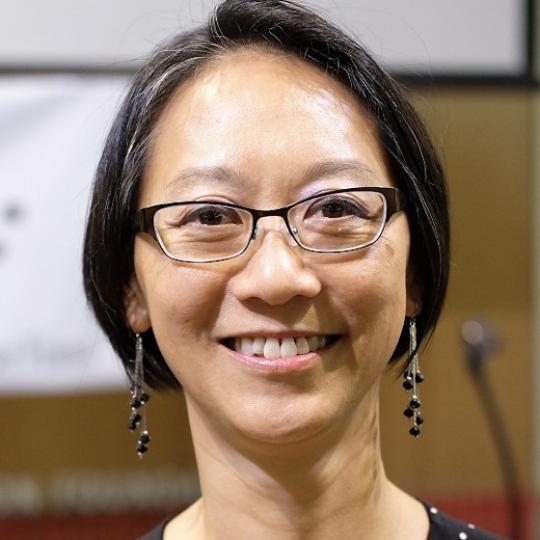Genetic Justice from Start to Summit
ASL interpretation and captions are available in the recording. You can download the full transcript for both the first and second days of the symposium. Watch the full introductory video (with image descriptions) here.
Genetic Justice from Start to Summit
Centering social justice in debates on heritable genome editing
Feb 27 & 28, 2023
Civil society voices and perspectives, particularly those grounded in social justice and human rights, need to be at the center of discussions around heritable human genome editing -- but that's not what you'll find at the Third International Summit on Human Genome Editing.
This two-part online CGS event centers social justice and human rights, presenting voices and perspectives from feminist, disability rights, reproductive rights and justice, racial justice, environmental, and human rights movements and scholars, who question whether heritable genome editing has any place in a fair and inclusive future.
Join us for the conversations on genetic justice that you won't hear at the Summit, and learn about ways to engage in discussions of heritable genome editing at the Summit and beyond.
ASL/CART provided
This symposium is organized as part of the Missing Voices Initiative. Check out our recent webinars, "Equity, Sovereignty, and Racial Justice: Beyond Access in Debates on Human Genome Editing" and "Forging New Disability Rights Narratives about Heritable Genome Editing."
Schedule
DAY 1: Monday FEB 27, 9:00-10:30am PST
noon-1:30pm EST / 5-6:30pm UK / 6-7:30pm CET / 7-8:30pm SAST
- History and context of the Summit process
Marcy Darnovsky - The social justice case against heritable genome editing
Dorothy Roberts, Rosemarie Garland-Thomson, George Annas, Silvia Yee (moderator)
DAY 2: Tuesday FEB 28: 9:00-11:00am PST
noon-2pm EST / 5-7pm UK / 6-8pm CET / 7-9pm SAS
- Missing voices speak out
Larkin Taylor Parker, Abril Saldaña, Dana Perls, Nourbese Flint, Emily Galpern (moderator) - Genetic justice beyond the Summit
Isabelle Bartram, Maria Ní Fhlatharta, Milton Reynolds, Katie Hasson
Background and Resources
2023 Summit
- The Next Gene Editing Summit Begins to Come into Focus | Pete Shanks, Biopolitical Times (Oct 2022)
- Virtual Conference Wrapup: Looking Ahead to the Third Human Genome Editing Summit | Pete Shanks, Biopolitical Times (Mar 2022)
- The Planning Committee for the Third Summit: Now Who Decides? | Pete Shanks, Biopolitical Times (Dec 2021)
2018 Summit, aftermath, and 2020 report
- Are we mapping a path to CRISPR babies? | Katie Hasson and Marcy Darnovsky, The Hill (Sep 2020)
- The Year After the “CRISPR Babies” Bombshell | Pete Shanks, Biopolitical Times (Nov 2019)
- The Scandal and the Summit: Reactions to the Announcement of Gene-Edited Babies | Pete Shanks, Biopolitical Times (Dec 2018)
- Gene-edited babies: no one has the moral warrant to go it alone | Katie Hasson and Marcy Darnovsky, The Guardian (Nov 2018)
More on heritable genome editing:
- Germline Modification Could Be New Frontier of Reproductive and Disability Oppression | Emily Galpern, Biopolitical Times (Jan 2020)
- 5 Reasons to Say No to Genetically Modified Humans
- Human Germline and Heritable Genome Editing: The Global Policy Landscape | Françoise Baylis, Marcy Darnovsky, Katie Hasson, and Timothy M. Krahn, The CRISPR Journal (Oct 2020)
- Geneva Statement on Heritable Human Genome Editing: The Need for Course Correction | Roberto Andorno, Françoise Baylis, Marcy Darnovsky, Donna Dickenson, Hille Haker, Katie Hasson, Leah Lowthorp, et al., Trends in Biotechnology (Jan 2020)
Related Events
- International Declaration Against Legalisation of Human Genetic Modification
Now open for signatures by organizations and individuals! The The International Coalition to Stop Designer Babies is currently being coordinated by Stop Designer Babies (UK), Gen-ethisches Netzwerk (Germany), Alliance for Humane Biotechnology (USA), Sciences Citoyennes (France), GeneEthics (Australia), Biorespect (Switzerland), and Center for Genetics and Society (USA).
- Heritable Genome Editing and Equality
March 3-4, in person at St. Mary’s University, Twickenham, London
The Centre of Bioethics and Emerging Technologies at St. Mary’s University, Twickenham and the Scottish Council for Human Bioethics will host an international conference on heritable genome editing and equality. Register here.
- Designer baby eugenics and how to stop it
March 4, online and in person at Somers Town Living Centre, London.
Stop Designer Babies, Alliance for Humane Biotechnology, Gen-ethisches Netzwerk, GeneEthics are organizing a teach-in, both in person and online, featuring perspectives from black/anti-racist, disability rights, working class, feminist, parents, and human rights movements. Register here.
- Third International Summit on Human Genome Editing
March 6-8, online and in person at the Francis Crick Institute, London.
The Royal Society, the UK Academy of Medical Sciences, the US National Academies of Sciences and Medicine and The World Academy of Sciences are organizing the third in a series of international summits on human gene editing. Check out the schedule and register here to attend online (in-person registration is now closed).
- Toward Inclusion: Genome Editing and Social Justice
March 7, online and in person at the Wellcome Collection, London
The Global Observatory is hosting a convening to complement the Third International Summit on Human Genome Editing. It will bring together experts in intergovernmental organization, science and medicine, and ethics—including several Summit organizers—to discuss the constitution of the global and of social justice in the governance of human genome editing. Register to attend online or in person.
Speaker Bios
George J. Annas is William Fairfield Warren Distinguished Professor at Boston University and Director of the Center for Health Law, Ethics & Human Rights at Boston University School of Public Health, and a member of the Department of Health Law, Policy and Management at the School of Public Health. He is also a Professor at the School of Law and School of Medicine. He is author or editor of 20 books on health law and bioethics, including The Rights of Patients (3d ed 2004), Public Health Law (2d ed 2014), American Bioethics (2005), Worst Case Bioethics (2010), and Genomic Messages (2015). He is a member of the National Academy of Medicine and a Fellow of the American Association for the Advancement of Science. He is the co-founder of Global Lawyers & Physicians, a NGO dedicated to promoting health and human rights.
Isabelle Bartram is Program Director at Gen-ethisches Netzwerk e.V. (Gen-ethical Network), a Berlin-based nonprofit organization advocating for the responsible use and governance of human genetics. She is a molecular biologist by training and works with the research group “Human Diversity in the New Life Sciences: Social and Scientific Effects of Biological Differentiations (SoSciBio)” at the University of Freiburg’s Institute of Sociology.
Marcy Darnovsky is Executive Director at the Center for Genetics and Society, a public interest organization working to ensure an equitable future where human genetic and reproductive technologies benefit the common good. She speaks and writes widely on the politics of human biotechnology, focusing on their social justice and public interest implications.
Maria Ni Fhlatharta is a legal researcher, policy advisor and human rights advocate, most recently with the Real Productive Justice Project at the Centre for Disability Law and Policy, University of Galway. Previously, Maria worked with Ireland’s campaign to liberalize its abortion laws, and as part of People with Disabilities for Repeal, an organization which aimed to amplify the voice of disabled women in the referendum debate. She is a cofounder of Disabled Women Ireland, and has worked on LGBTQ rights, working family rights and housing rights. She studied for an undergraduate in Law, and a masters in Comparative International Disability Law and Policy.
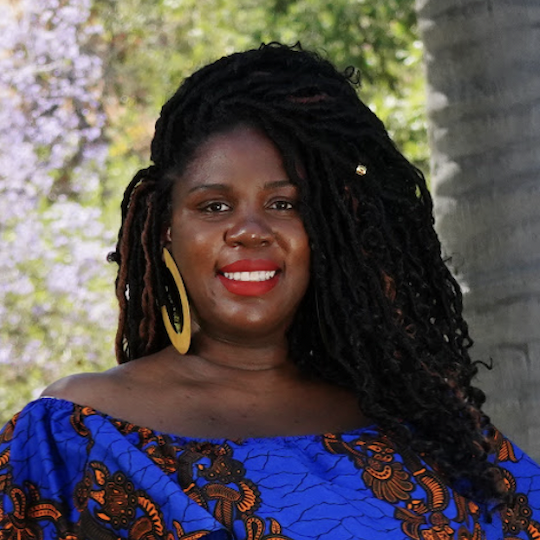
Nourbese Flint is a reproductive justice activist who currently serves as the Senior Director of Black Leadership and Engagement at Planned Parenthood Federation of America in Washington, D.C. Prior to joining Planned Parenthood, she was Executive Director at the Black Women for Wellness Action Project. Nourbese works for the reproductive health and rights of Black women, femmes, girls, and gender-expansive people by advocating for policy change and legislative efforts both locally and nationally.
Emily Galpern, MPH, is a consultant with more than 20 years’ experience coordinating policy coalitions and campaigns; facilitating groups of adults and young people; planning and leading trainings and conferences; and developing materials for educational and advocacy purposes. She has worked extensively with women, young people, immigrants, people of color, workers, LGBTQ people, and people with disabilities. Areas of expertise include the intersection of bioethics with reproductive health rights and justice; building bridges between social justice movements; as well as health disparities and inequities in public health and youth development. Clients and partners have included community-based organizations, movement-building organizations, universities, government agencies, policymakers, health systems, and unions. She received her BA in Women’s Studies from the University of California at Santa Cruz and her MPH from San Francisco State University.
Rosemarie Garland-Thomson is Professor Emerita of English and bioethics at Emory University. She is a senior advisor and fellow at The Hastings Center and a Fellow at the Center for Genetics and Society. She has taught disability studies, bioethics, American literature and culture, and critical theory at Emory, UCLA, Howard, and Brandeis Universities. Most recently, she is co-editor of About Us: Essays from the Disability Series of the New York Times and author of Staring: How We Look and several other books. She has given more than sixty keynote addresses and major academic lectures in sixteen countries.
Katie Hasson writes, speaks, researches, and teaches about the social and political aspects of human genetic and reproductive technologies. Katie earned her PhD in Sociology with a Designated Emphasis in Women, Gender, and Sexuality from the University of California, Berkeley, and was previously Assistant Professor of Sociology and Gender Studies at the University of Southern California.
Dana Perls leads international and national regulatory and market campaigns on biotechnology and genetic engineering for the Food and Agriculture team at Friends of the Earth. She combines a strong background in grassroots campaign organizing and environmental policy with her commitment to environmental justice. She holds a Masters in City Planning from U.C. Berkeley in CA, and a B.A. from Cornell University.
Milton Reynolds is an educator and activist in the San Francisco Bay Area. He is the founder of Milton Reynolds Consulting, where his work with school districts and other institutions focuses on pedagogies of inclusion, shared meaning-making, and engaging clients in systems change work rooted in critical historical exploration and illumination of patterns and processes of racialization. He is on the advisory boards of the Center for Genetics and Society; the Paul K. Longmore Institute on Disability at San Francisco State University; and the anti-eugenics project From Small Beginnings, among others. He has worked as senior program associate with Facing History and Ourselves, and as a middle school teacher, diversity / communications consultant, youth counselor, and curriculum design specialist.
Dorothy Roberts is an internationally recognized scholar, public intellectual, and social justice advocate, who has written and lectured extensively on the interplay of gender, race, and class in legal issues and has been a leader in transforming public thinking and policy on reproductive health, child welfare, and bioethics. She is the author of several acclaimed books, including Fatal Invention: How Science, Politics, and Big Business Re-create Race in the Twenty-first Century (2012). Her most recent book is Torn Apart: How the Child Welfare System Destroys Black Families--and How Abolition Can Build a Safer World (2022). She serves on the boards of the Black Women’s Health Imperative, the National Coalition for Child Protection Reform, and the Center for Genetics and Society.
Larkin Taylor-Parker is an openly autistic attorney licensed in North Carolina. Before joining ASAN, they worked at the North Carolina Protection and Advocacy System. They received a J.D. from the University of Georgia School of Law, where they had been an Autistic Scholars Fellow. Their professional interests include promoting the autonomy of disabled people, alternatives to guardianship, equal access to society under the ADA, health equity for all people with disabilities, and ensuring that efforts to enhance disability rights and disability justice serve multiply-marginalized people.
Abril Saldaña-Tejeda is a sociologist at Universidad de Guanajuato in central Mexico who has done extensive research on the social determinants of health, genomics, and post-genomics. She is currently exploring bioethical principles, practices, and regulations on human genome editing and stem cell research in Latin America.
Silvia Yee's work at DREDF has included projects to increase physical and programmatic accessibility and disability awareness in the delivery of health care services, as well as impact litigation to increase access for people with disabilities in myriad aspects of public and private life. She maintains interests in health care reform, international disability rights, and models of equality. She received her B.M., M.A., and L.L.B. degrees from the University of Alberta, and clerked with Justice William Stevenson at the Alberta Court of Appeal.




